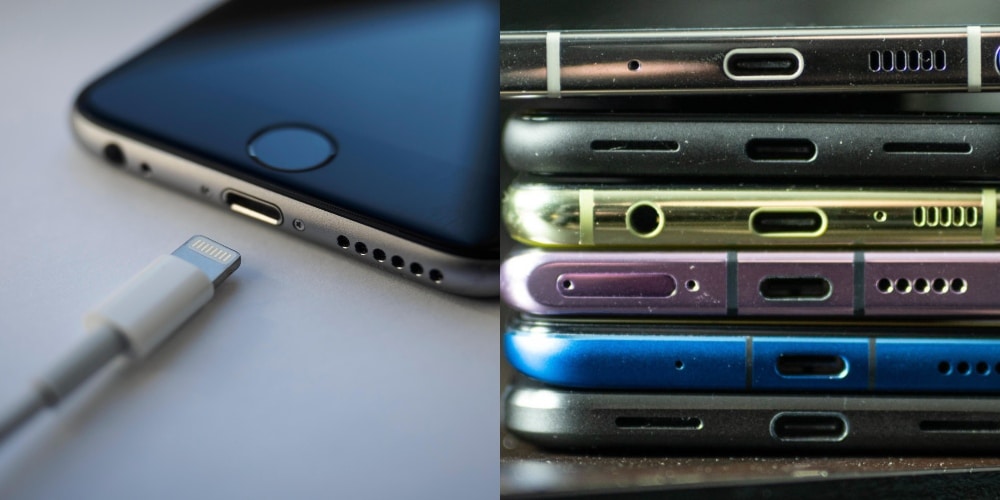
Up to this point, the Apple and Android ecosystems have long differentiated themselves with not just the software, but to some extent the hardware as well
On iPhones, Apple uses its in-house chipsets and operating system. At the same time, other smartphones are majorly running Android with chips from either phone makers themselves or the largest semiconductor companies in the market like Qualcomm and MediaTek.
Due to these differences, Apple has long fought to be unique and set its sweet spot on the market.
However, the EU last week proposed an update to their radio laws that, if passed, would mandate smartphones sold in the EU region to have a standard charging port.
The move will reportedly help reduce environmental waste and also make life easier for consumers.
On the contrary, Apple says the law will vex consumers and increase environmental waste. The iPhone maker also argues that this will stifle innovation.
“We believe regulation that forces conformity across the type of connector built into all smartphones stifles innovation rather than encouraging it,” an Apple spokesman said.
The company even commissioned a study to help prove this point. The research was done by Copenhagen Economics, who found out that the move will cost around 1.5 billion euros, which outweighs the 13 million euros predicted as the environmental benefits.
Apple further stated that they see no need for a cable regulatory standard when the industry is already moving to USB-C using a connector or via cable assembly. Reckoning this, you can remember that the iPhone 11 pro came with a USB-C connector out-of-the-box, although they still retained the lightning port – to connect to the iPhone, a C-to-Lightning cable was required.
The European Commission is set to publish its study on the benefits of a standard charger last this month or early February.

